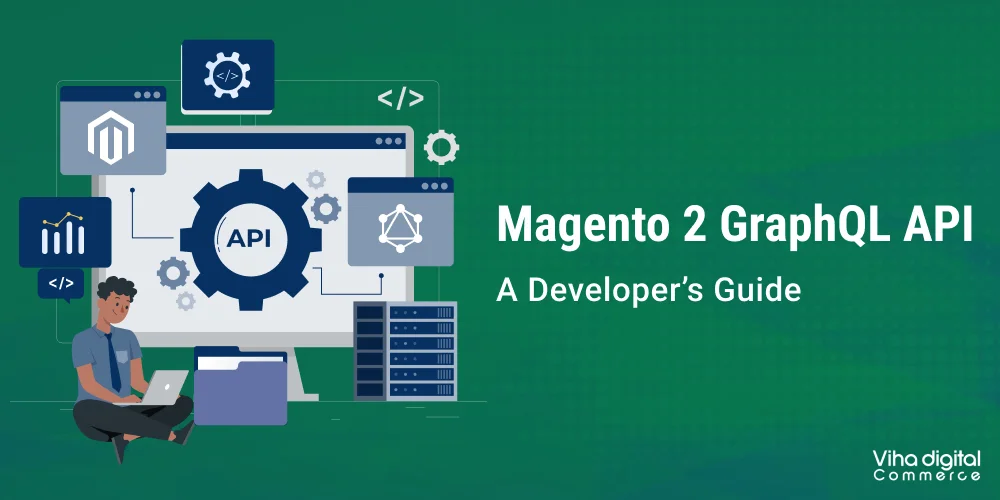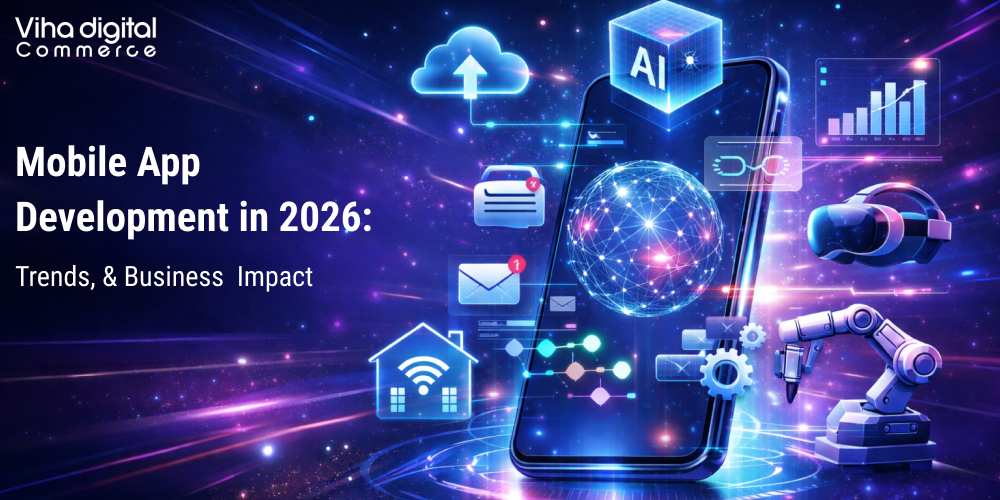AI in Mobile App Development: Key Benefits & Uses in 2026
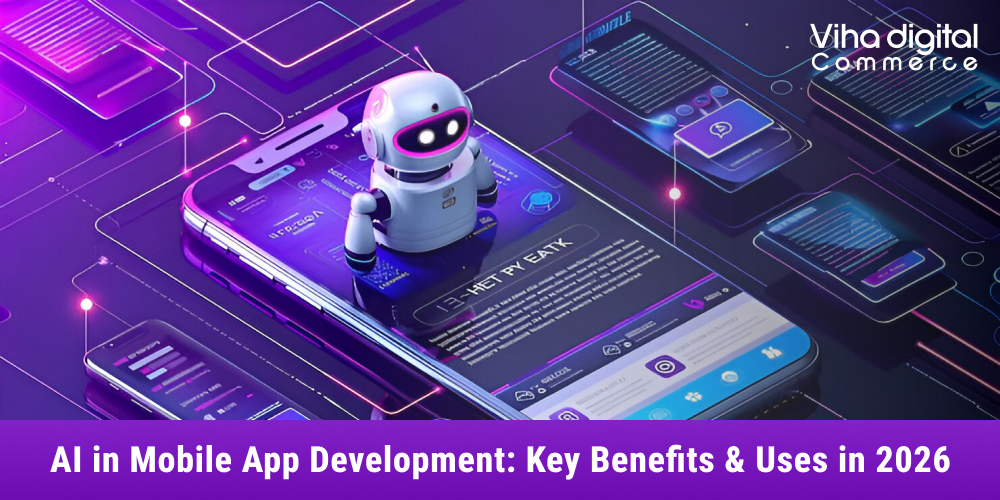
AI in Mobile App Development: Key Benefits & Uses in 2026
In the mobile-first world, the way we interact with our devices is changing at lightning speed. We don’t just want apps — we want intelligent, adaptive companions that learn from us. That’s where AI mobile app development comes into play.
By combining mobile app development with artificial intelligence, businesses can deliver future-ready app solutions that adapt, predict, and personalize. In this post, we’ll explore how to build mobile apps powered by AI, why it matters, and how to partner with the right AI app development company.
Why AI Integration into Mobile Apps Is a Strategic Imperative
Traditional mobile apps are functional — but limited. They serve static content, rely on pre-defined workflows, and treat all users in more or less the same way. As user expectations evolve, that approach is no longer enough. By layering in AI Mobile App Development, companies unlock key advantages:
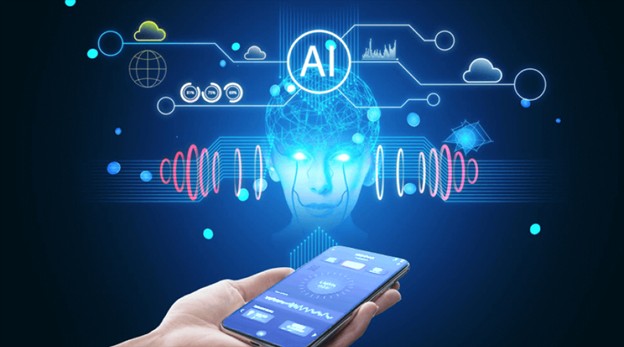
- Personalized User Experiences
Thanks to AI, apps can analyze behavior, location, usage patterns, and more — delivering hyper-personalized content, recommendations, or notifications. Rather than a one-size-fits-all experience, your app feels like it’s customized just for each user. - Smarter Automation and Efficiency
AI can automate repetitive tasks like customer support (via chatbots), predictive maintenance, or even testing and debugging. That reduces the manual load on your team and helps your app scale more efficiently. - Better Insights & Predictive Analytics
With predictive analytics, AI can forecast user behavior, identify churn risks, or dynamically adjust app features. This allows you to proactively engage users, rather than reactively. - Advanced Interactions
Through technologies like NLP (Natural Language Processing), voice recognition, and conversational AI, your app can support chatbots or virtual assistants that talk with users naturally. - Robust Security
AI helps improve security via anomaly detection, biometric authentication, or fraud detection—adding a smart layer of protection beyond traditional methods.
Read More: Generative AI: How Does It Impact Your E-commerce Business?
All of this makes AI integration in apps not just a tech trend, but a must-have for any business that wants to stay competitive and deliver real value.
Key AI Capabilities That Power Future-Ready Mobile Apps
When you think about AI in Mobile App Development, here are some of the core capabilities you should consider:
- Recommendation Engines: Learning from user behavior to suggest content, products, or features.
- Natural Language Processing & Conversational AI: Enabling chatbots, voice assistants, and intelligent dialogue.
- Computer Vision: Letting apps “see” — e.g., visual search, image recognition, AR filters.
- Predictive Analytics & Machine Learning: Building models that forecast future user actions or business metrics.
Steps to Build AI-Powered Mobile Apps: A Strategic Roadmap
Integrating AI into your mobile app isn’t just about tossing in a chatbot or some smart recommendations. Here’s a structured, phased approach — inspired by best practices — to ensure success.
Phase 1: Define AI Strategy & Use Case
- Identify Business Pain Points: Start with your core goals. Do you want to reduce support costs, boost user engagement, or improve retention? This sets the direction for your AI app development.
- Assess Data Readiness: AI needs high-quality data. Evaluate what data you already collect (user behavior, logs, transactions), and whether it’s reliable, complete, and compliant with privacy standards.
- Pick the Right AI Module: Choose the AI capability that aligns with your use case — whether it’s a predictive model, computer vision system, or NLP-based chatbot.
Phase 2: Data Acquisition & Engineering
- Gather Data: Collect data from your app, backend systems, APIs, third-party sources. Clean and normalize it, so it’s usable for training.
- Feature Engineering: Transform raw data into features that your AI model can learn from — e.g., user session patterns, time-based behavior, or engagement scores.
- Secure Data Pipeline: Build a robust pipeline to securely feed data to your AI systems, respecting privacy regulations like GDPR or CCPA.
Read More: What is GDPR
Phase 3: Model Development & Training
- Select the Algorithm: Depending on your use case, pick the right machine learning or deep learning algorithm (neural networks, decision trees, etc.).
- Train & Validate: Train your model using labeled data, then validate it on a separate test set to ensure it generalizes well.
- Iterate: Tune your model through hyperparameter optimization, fix biases, retrain — it’s not a “build once” process.
Phase 4: Integration & Deployment
- Edge vs Cloud: Decide where your AI will run — on-device (edge) or on the cloud. Edge computing gives faster responses and better privacy; cloud gives more computing power.
- Expose APIs: Deploy your model using APIs so your mobile app can call it in real time. This is foundational for AI integration in apps.
User Experience Testing: Test app flows to ensure that the AI feels natural, trustworthy, and helpful. You don’t want your intelligence to feel intrusive.
Overcoming Challenges of AI-Driven Mobile Apps
Building intelligent apps comes with its share of roadblocks. Here are common challenges and how to navigate them:
- Latency & Performance: Running AI in real-time can introduce lag. Use edge AI or model compression techniques to improve speed.
- Model Drift: As user behavior changes, your model might become less accurate. Implement MLOps pipelines for monitoring and retraining.
- Talent Shortage: Building AI-powered apps demands a mix of skills — data science, App Development, DevOps. If your in-house team lacks this, you can look for a custom AI app development services
- Privacy & Compliance: Handling sensitive user data (especially for predictive or personalized features) means ensuring you have robust data governance and user consent mechanisms.
Benefits of AI in Mobile Application Development
When done well, AI in mobile app development can transform not just the user experience — but your business outcomes. Here’s what you gain:
- Enhanced Engagement & Retention: Personalized recommendations, predictive notifications, and intelligent assistants keep users coming back.
- Cost Efficiency: Automating customer support or routine in-app tasks reduces manual intervention and operating costs.
- Scalable Intelligence: Models learn and improve, giving your app smarts that grow with your user base.
- Better Decision Making: Analytics driven by AI help you understand what features are working, where to improve, and how to predict future behavior.
- Stronger Security: AI-powered security systems guard against fraud, recognize anomalies, and authenticate users intelligently. (Appic Softwares)
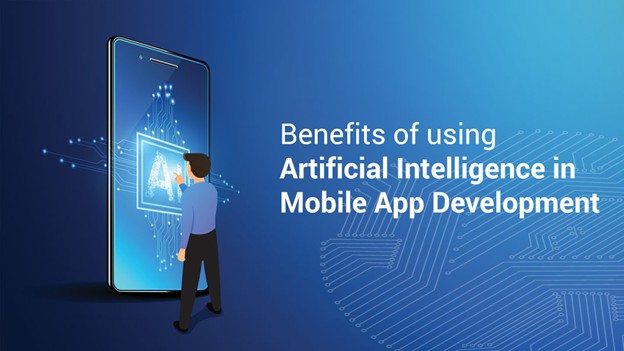
Partnering for Success: Choosing an AI App Development Company
If you’re thinking, “This all sounds amazing, but can my team actually do it?” — the answer may lie in finding the right AI app development company. Here’s how to choose wisely:
- Domain Expertise: Look for a partner experienced in both mobile development and data science / AI.
- Proven Track Record: Ask for case studies — apps they’ve built with AI, and business outcomes delivered.
- End-to-End Services: Ideally, the vendor should cover strategy, data engineering, model training, integration, and MLOps.
- Flexible Deployment Options: Can they deploy AI on the edge (on device) or cloud? That flexibility matters for responsiveness, privacy, and scalability.
- Support & Maintenance: AI models need continuous monitoring, retraining, and updates — so choose a partner offering ongoing support.
Future-Ready App Solutions: Why the Time Is Now
AI-powered mobile applications are not futuristic experiments — they are rapidly becoming the norm. With AI app development, brands can deliver more value, improve operational efficiency, and stay closely aligned with evolving user expectations.
The market for AI in mobile app development is booming, as more businesses recognize that static apps just can’t compete.
By embracing custom AI mobile app development services, you can craft solutions that are not just smart — but deeply personalized, predictive, and scalable.
At Viha Digital Commerce, the fusion of mobile development and AI is one of the most powerful accelerators for digital growth. Partnering with an expert AI app development company is not just about keeping up — it’s about leapfrogging ahead.
Conclusion
Integrating AI into mobile apps is no longer optional — it’s essential. Through thoughtful planning, data strategy, model development, and seamless deployment, businesses can build truly future-ready apps.
Whether you’re aiming to supercharge engagement, automate support, or deliver predictive experiences, AI in mobile app development can help you reach your goals.
By partnering with a skilled AI app development company, you can navigate the complexity, avoid common pitfalls, and build an app that’s not just intelligent — but transformative.
Are you ready to build the next generation of mobile experience? Reach out to us at Viha Digital Commerce — and let’s make something smart, adaptive, and future-proof.
